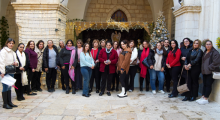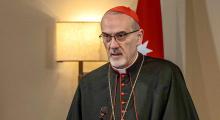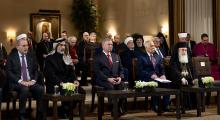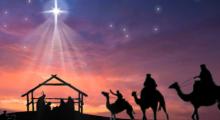Issued by the Catholic Center for Studies and Media - Jordan. Editor-in-chief Fr. Rif'at Bader - موقع أبونا abouna.org
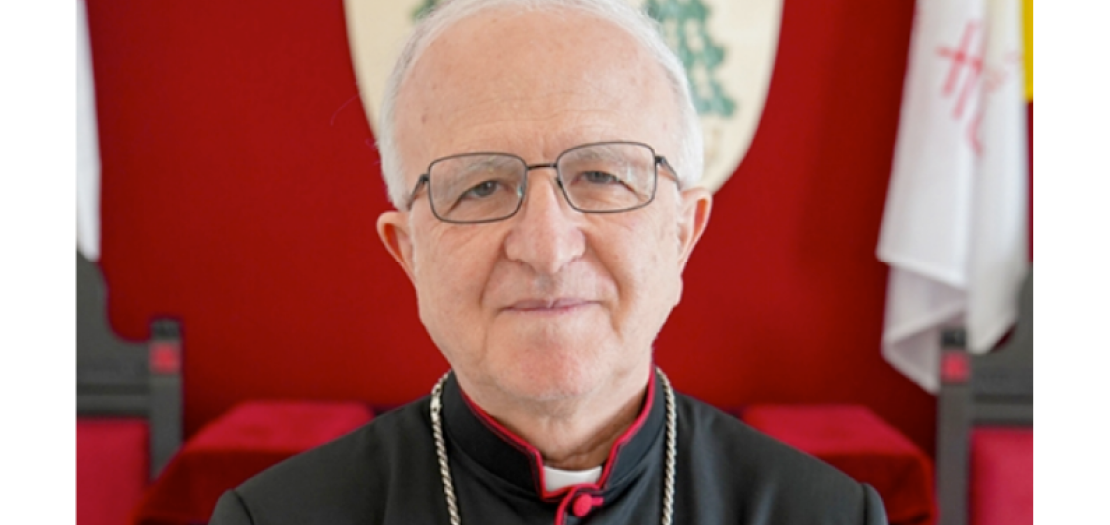
Dear brothers and sisters, today we begin the holy season of Advent, and over the course of four videos, we will explore the meaning of Advent, “to come to”.
In this first video, we will focus on the phrase "the fullness of time," which is often mentioned during this season. What does "the fullness of time" mean?
This phrase suggests that time has a beginning, a progression, and a point of completion. Time began when God created the first human being. This was the starting point, and over time, humanity evolved in its understanding of itself and its relationship with the Creator. God promised humanity, which had fallen away from Him in Genesis, a Savior.
In his letter to the Galatians, St. Paul writes: “But when the fullness of time had come, God sent His Son, born of a woman, born under the law, to redeem those under the law.”
What does this mean? It means that time reached its peak, its climax with the incarnation of Jesus Christ, the eternal Word of God. He entered our limited human time; the limitless came near and became part of the limited. The Liturgy expresses the mystery of the Incarnation with these profound words: “What He was, He remained; and what He was not, He assumed.”
This conveys that, through the Incarnation, Christ remained fully God—“What He was, He remained”—while also taking on human nature—“what He was not, He assumed”—something He did not possess before the Incarnation. The Incarnation of Jesus marks the fullness of time. He is the Omega of human history, for He is Himself both the Alpha and the Omega.
Now, I would like to share a thought from the renowned French philosopher, scientist, and theologian Pierre Teilhard de Chardin.
This philosopher and anthropologist proposed that a cosmic evolution has been unfolding within humanity. According to Teilhard, this process began with the material created by God, imbued with direction and purpose. It evolved through cells and molecules, leading to simple plants, then complex plants, and eventually to animals with their remarkable diversity of species. At last, humankind emerged, endowed with a free and creative mind, becoming the Omega of creation—a significant milestone in the evolutionary process. As humanity advanced in thought and philosophy, the Son of Man, Jesus Christ, entered history as the culmination and crowning point of this cosmic evolution.
Dear brothers and sisters, let us reflect on the profound difference between the notion of random evolution, as proposed by some misguided scientists, and the purposeful evolution willed by God, through which, in Jesus Christ, the fullness of creation and time was brought into being. Let us prepare to welcome the Lord Jesus Christ on Christmas Day with hearts made pure and minds made clear.


